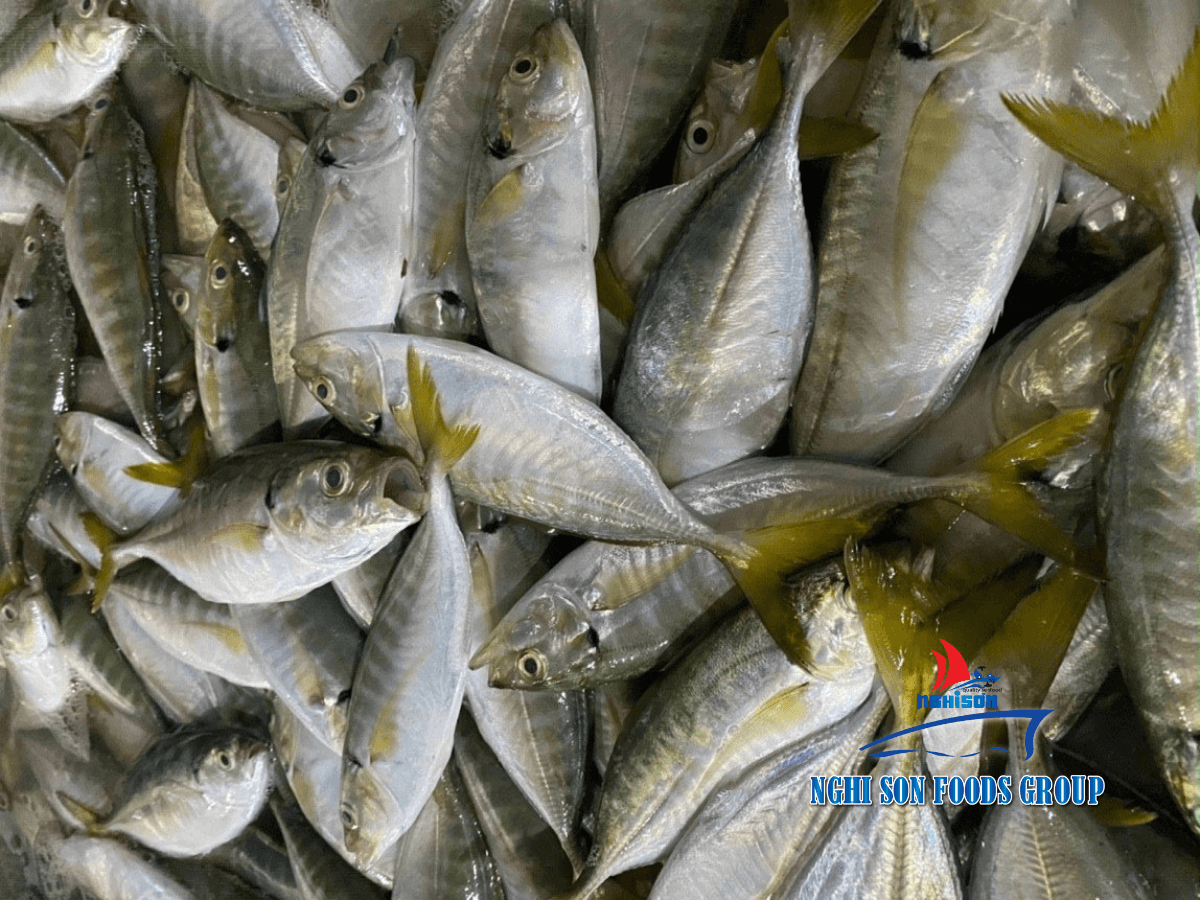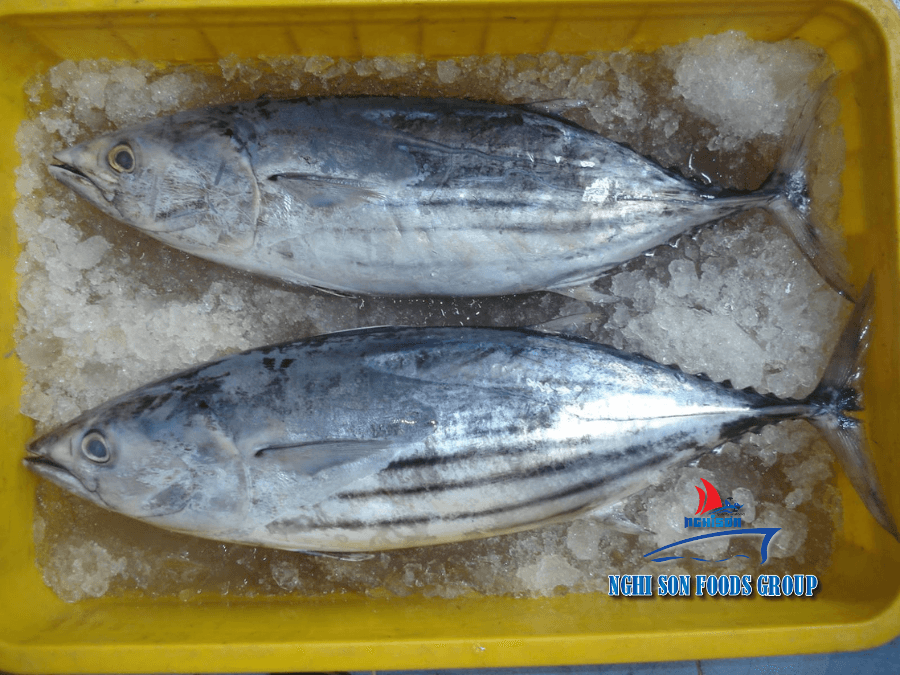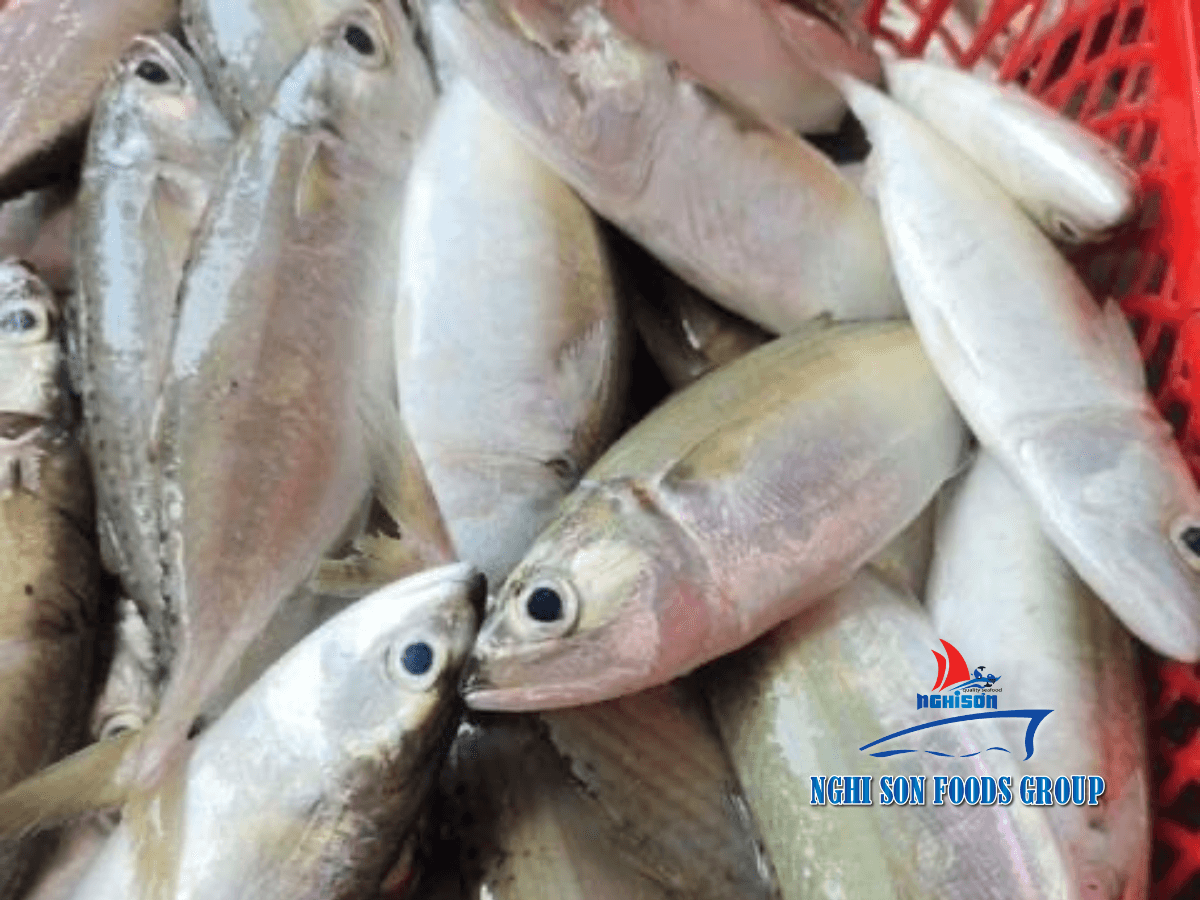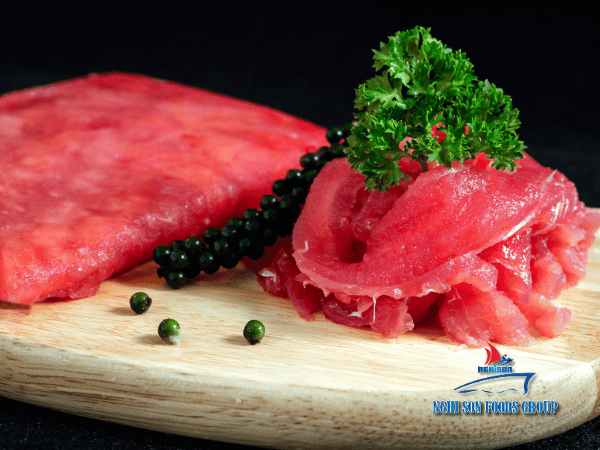In the realm of seafood production, maintaining the highest standards of quality and safety is of paramount importance. As consumers become increasingly discerning about the origin and quality of the seafood they consume, the role of seafood processing plants has grown exponentially. One crucial certification that has gained prominence in this industry is Good Manufacturing Practices (GMP) certification. In this article, we’ll explore what a seafood processing plant with GMP certification represents and why it is pivotal for both the industry and consumers.
Table of Contents
ToggleThe Pillars of GMP Certification
GMP certification is a globally recognized standard that ensures the quality, safety, and consistency of products. When a seafood processing plant is GMP-certified, it signifies that the facility adheres to a strict set of guidelines and practices that are designed to guarantee the highest level of product quality. These guidelines encompass various aspects of production, including:
- Hygiene and Sanitation: GMP certification requires a seafood processing plant to maintain impeccable cleanliness standards. This includes regular equipment and facility cleaning, proper waste disposal, and stringent personal hygiene practices for employees.
- Quality Control: GMP-certified plants implement comprehensive quality control measures at every stage of seafood processing. This involves rigorous testing, monitoring, and documentation to ensure that the seafood products meet or exceed predefined quality standards.
- Facility and Equipment Maintenance: The certification mandates that all equipment and facilities be well-maintained and calibrated regularly. This prevents contamination and ensures consistent product quality.
The Assurance of Safe Seafood
Consumers worldwide have grown increasingly concerned about the safety of the seafood they consume. GMP certification addresses these concerns head-on by guaranteeing the safety of seafood products. When you purchase seafood products from a GMP-certified processing plant, you can trust that:
- The Seafood is Free from Contaminants: GMP guidelines demand that processing plants take strict measures to prevent contamination of seafood. This includes monitoring water quality, maintaining proper storage conditions, and ensuring that no harmful chemicals or pathogens are present in the final product.
- Compliance with Regulatory Standards: GMP certification requires adherence to local and international regulations governing seafood production. This ensures that the seafood products meet or exceed the safety requirements set by authorities.
Enhanced Product Quality
Seafood processing plants with GMP certification consistently produce seafood of superior quality. This quality assurance extends to various aspects of seafood production:
- Freshness: GMP-certified plants prioritize the use of fresh seafood, ensuring that their products are not only safe but also exceptionally fresh and flavorful.
- Flavor and Texture Preservation: Through meticulous processing techniques, GMP-certified plants retain the natural flavor and texture of seafood. This ensures that consumers enjoy an authentic seafood experience.
Increased Market Competitiveness
For seafood processing plants, obtaining GMP certification is not just a matter of prestige; it’s a strategic business move. Certification opens doors to a multitude of benefits, including:
- Market Access: Many international markets and retailers require GMP certification as a prerequisite for doing business. This certification, therefore, expands market access and opportunities for seafood processors.
- Consumer Trust: GMP certification acts as a seal of trust for consumers. When they see the GMP label on seafood products, they know that the producer is committed to quality and safety, fostering brand loyalty.
- Competitive Advantage: GMP-certified seafood processing plants often outperform their non-certified counterparts in terms of product quality and safety. This competitive advantage can lead to increased market share and profitability.
The Path Forward: Sustainability and GMP Certification
In recent years, sustainability has become a critical concern in the seafood industry. Many GMP-certified seafood processing plants are also taking strides towards environmentally responsible practices. This includes responsible sourcing of seafood, reducing waste, and minimizing the environmental impact of production processes. The synergy between sustainability and GMP certification underscores the commitment of these plants to the holistic betterment of the industry.
In conclusion, a seafood processing plant with GMP certification signifies a commitment to excellence, safety, and quality in the seafood industry. It serves as a beacon of trust for consumers and a passport to global markets for producers. With its stringent guidelines and unwavering dedication to best practices, GMP certification is not just a label but a testament to the industry’s continual efforts to meet the highest standards of seafood production. As the seafood industry continues to evolve, GMP certification remains a pivotal factor in shaping its future and ensuring seafood lovers can enjoy their favorite dishes with confidence.




















